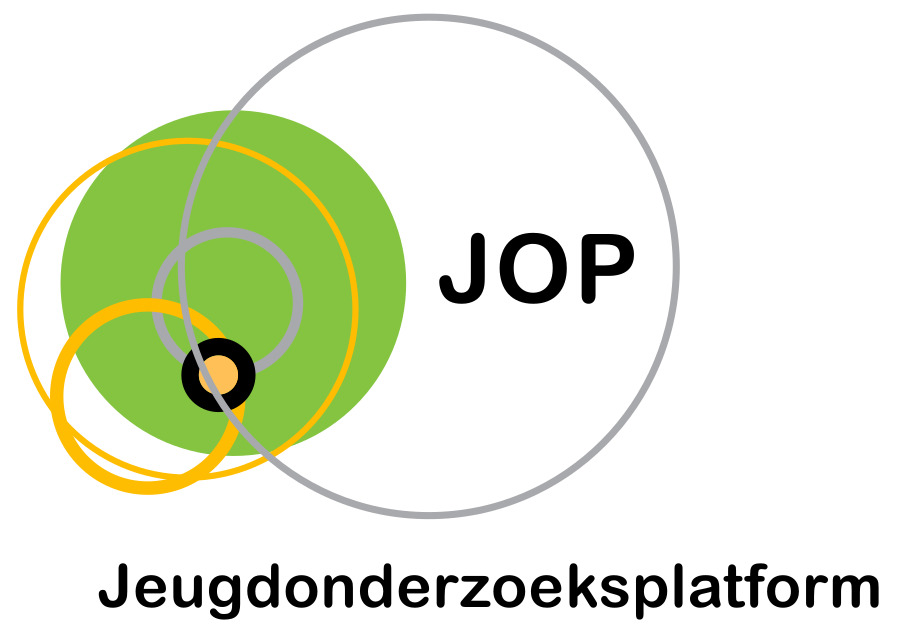Just for fun?”: An exploration of digital games’ potential for eudaimonic media experiences among Flemish adolescents
Auteurs
Daneels, R., Vandebosch, H., & Walrave, M. (2020)

Abstract
Research shows that media entertainment can induce eudaimonicor meaningful experiences, such as being emotionally moved or being stimulated to reflect about oneself. While these studies have primarily focused on adults’ eudaimonic media entertainment experiences, the current study explores whether games can lead to eudaimonic experiences amongst adolescents, for instance, via characteristics like emotionally deep stories and moral choices. Games are very popular among adolescents, while eudaimonic experiences may possibly fulfill key needs of identity development and peer relatedness as well as prove to be beneficial for adolescents’ well-being and overall development. To explore adolescents’ eudaimonic game experiences, we performed a qualitative study existing of six focus groups (N = 33) and 20 individual in-depth interviews (total N = 53). Results indicate that adolescents do experience eudaimonic game moments. Specifically, they experienced socially bonding, reflective (about oneself and society), emotionally moving, and elevating moments. These were considered particularly meaningful when they were somehow connected to real life. Finally, adolescents mostly mentioned narrative aspects(i.e., the game’s story, characters, moral choices), other real players, and audiovisual aspects like graphics and soundtrack as important elicitors of eudaimonic game experiences. Limitations and future research suggestions are further discussed.
Onderzoek toont aan dat media entertainment kan leiden tot een toename van eudaimonische ervaringen, zoals emotioneel aangezet worden tot zelfreflectie. Terwijl deze studies voornamelijk focussen op volwassenen, verkent de huidige studie of games kunnen leiden tot eudaimonische ervaringen bij adolescenten, bijvoorbeeld op vlak van emotionele diepteverhalen en morele keuzes. Games zijn zeer populair bij adolescenten. Eudaimonische ervaringen mogelijks basisnoden van identiteitsontwikkeling en verbondenheid met peers vervullen, alsook het mentaal welzijn en de algemene ontwikkeling van adolescenten bevorderen. Om de eudaimonische game-ervaring bij adolescenten te onderzoeken, wordt een kwalitatief onderzoek uitgevoerd bestaande uit zes focusgroepen (N = 33) en 20 individuele diepte-interviews. De resultaten indiceren dat adolescenten weldegelijk eudaimonische gamemomenten ervaren. In het bijzonder ervaren zij de ontwikkeling van sociale banden, reflectie (over zichzelf en de maatschappij), emotionele roering en opkrikkende momenten. Deze worden bijzonder betekenisvol geacht wanneer ze op een of andere manier connecteren met het echte leven. Tot slot haalden adolescenten voornamelijk verhalende aspecten aan, (zoals het verhaal van de game, karakters, morele keuzes) andere reële spelers en audiovisuele aspecten zoals afbeeldingen en soundtracks als belangrijke uitlokkers van eudaimonische game- ervaringen. Beperkingen en aanbevelingen voor verder onderzoek komen aan bod.
Referentie
Daneels, R., Vandebosch, H., & Walrave, M. (2020) “Just for fun?”: An exploration of digital games’ potential for eudaimonic media experiences among Flemish adolescents, Journal of Children and Media, 14(3), 285-301.
Taal
Engels
Publicatievorm
Tijdschriftartikel
Trefwoorden
Digitale games; adolescenten; eudaimonisch media entertainment; positieve media psychologie; kwalitatief onderzoek
